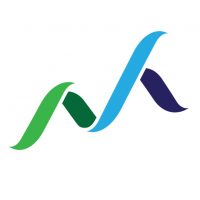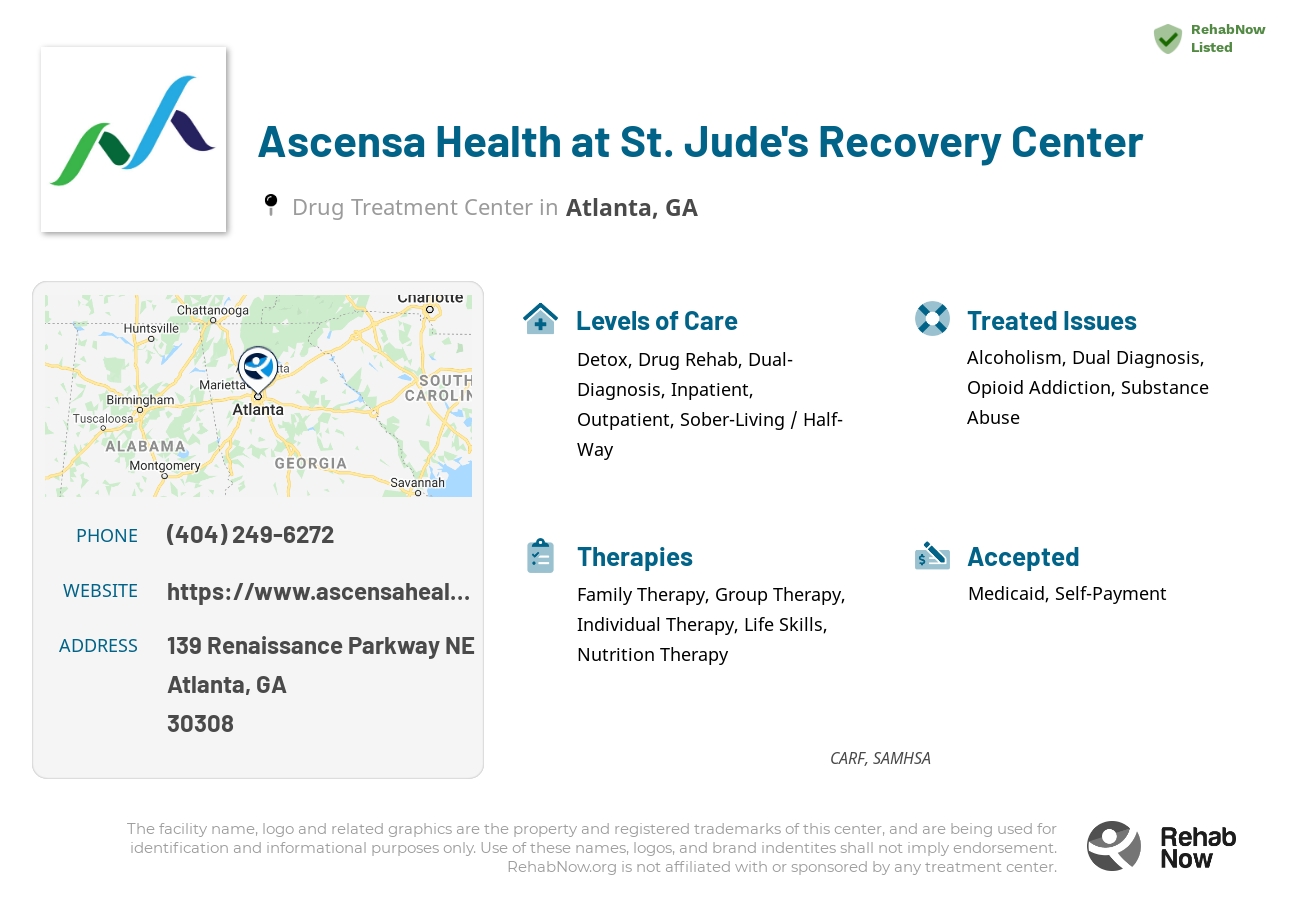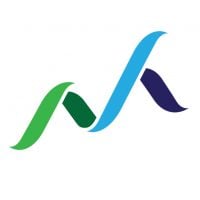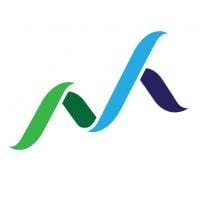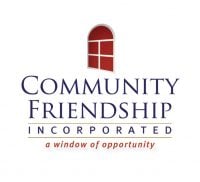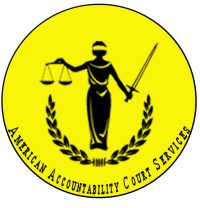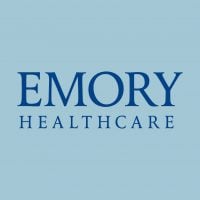Ascensa Health at St. Jude's Recovery Center
Drug Rehab Center in Atlanta, Georgia
Ascensa Health at St. Jude's Recovery Center in Atlanta, Georgia offers a comprehensive substance abuse treatment facility, with a full continuum of care, individualized treatment plans, evidence-based therapies, and holistic therapies, as well as licensed and accredited services.
About
Ascensa Health at St. Jude's Recovery Center in Atlanta, Georgia is a comprehensive substance abuse treatment facility. They provide a full continuum of care for individuals with addiction issues and those in recovery, including detoxification, residential inpatient treatment, extended care, intensive outpatient programming, and aftercare support. Their team of professionals offers individual counseling and group therapy, as well as medication-assisted treatment and 12-step programming.
At Ascensa Health, their state-of-the-art addiction treatment program is designed to meet the unique needs of each individual. Through individualized treatment plans and evidence-based therapies such as cognitive behavioral therapy, dialectical behavioral therapy, and motivational interviewing, they are able to create a holistic approach to addiction treatment. They also have a wide range of holistic therapies available such as mindfulness practice, yoga, and art therapy.
Ascensa Health is licensed by the Department of Behavioral Health and Developmental Disabilities and accredited by the Commission on Accreditation of Rehabilitation Facilities (CARF). They have also won a number of awards and recognitions including the Georgia Department of Behavioral Health and Developmental Disabilities Quality Award, Top 10 Rated Georgia Treatment Center Award, and the Robert Wood Johnson Foundation Care Award. They have been an integral component of the Atlanta-area healthcare network for over two decades, providing unique and effective addiction treatment services.
Genders
Ages
Modality
Additional
Accreditations
SAMHSA

CARF
The Commission on Accreditation of Rehabilitation Facilities (CARF) is a non-profit organization that specifically accredits rehab organizations. Founded in 1966, CARF's, mission is to help service providers like rehab facilities maintain high standards of care.
Conditions and Issues Treated
Recovering from substance abuse is an essential part of a healthy life for many people. It’s a long and challenging process, but it can be worth it in the end if you manage to get through all parts. Detoxifying your body, rehabilitation after that time passes or when needed (depending on what type), and then recovery while also receiving therapy support throughout this entire process.
A standard route to starting recovering from substance abuse and addiction is through a detoxification center. There you can completely heal your body and mind and continue on the path of recovery without feeling any of the lingering effects of substances.
Within the past decade, opioid addiction has become a nationwide epidemic. The United States hosts one of the world’s highest rates of opioid use or abuse and has one of the highest rates of opioid-related deaths. In the United States, opioid drugs are classified as Schedule II-IV controlled substances due to their highly addictive properties and potential for abuse. These include morphine, opium, heroin, oxycodone, hydrocodone, methadone, and fentanyl. Physicians usually prescribe opioids to help control pain.
Over time, opioid users develop a tolerance for the drugs, which makes it difficult, if not impossible, to function without them. In turn, opioid users often resort to illicit means of obtaining the drugs. These means can include drug dealers, friends, and family members who do not have legitimate prescriptions for the drugs. Opioid addiction can quickly lead to heroin use, especially those seeking more intense highs than prescription opioids offer. Due to the high risk of overdose, heroin users are at a much higher risk for illness and death.
A person who struggles with addiction and a mental health condition suffers from a dual diagnosis. This means that they have two issues that must be treated. The specific mental health issues that the patient at Ascensa Health at St. Jude's Recovery Center might have include but are not limited to:
- Depression
- Bipolar Disorder
- Anxiety
- PTSD (Post Traumatic Stress Disorder)
The specific addiction issues that the patient might have include but are not limited to:
- Alcoholism
- Drug Addiction (i.e., Cocaine, Meth, and other stimulants, Marijuana, and Ecstasy)
The combination of the two illnesses can be tough to treat. Taking care of one or the other is tough, and taking care of both cannot be done alone. A patient who receives dual diagnosis treatment will be given the best chance at becoming sober.
Levels of Care Offered
This center offers a variety of custom treatment tailored to individual recovery. Currently available are Detox, Drug Rehab, Dual-Diagnosis, Inpatient, Outpatient, Residential, Sober-Living / Half-Way, with additional therapies available as listed below.
Detoxification is a critical first step in treatment for drug addiction. Drug detoxification helps the individual withdraw from the drug by providing a controlled environment where symptoms can be managed through medication and close observation. Detoxification is an inflection point where the individual can get on a recovery track, but it’s also one of the most dangerous points in the recovery process.
In addition to going through physical withdrawal from certain drugs, a detox program also provides the individual with drug testing to monitor their progress. This way, if the individual is not ready for sobriety (such as if they relapse), the treatment professionals can catch it early on and use that opportunity to help re-orient the individual towards recovery.
Inpatient treatment centers offer a safe, secure, and often medically supervised environment for drug or alcohol-addicted individuals. Many of these facilities are equipped to provide detoxification, treatment for co-occurring mental health disorders, and aftercare programs.
The patient typically spends 28 to 30 days at the facility and will receive extensive drug counseling. They will also learn how to live without drugs and how to make the right decisions in life.
An outpatient treatment program is set up to help with alcohol or drug addiction or a co-occurring disorder. The treatment must attend the treatment facility for their therapy and other programs but return home each night. The frequency of mandatory attendance decreases after much of the treatment program is complete. The treatment programs are monitored by the treatment facility and case managers who work for a judge or judge’s office. A treatment program may be performed out of a treatment facility, treatment clinic, or treatment center.
The benefits of outpatient treatment programs are many. One of the most beneficial treatment programs is that it allows treatment for clients who cannot afford or may not be able to attend treatment at a treatment facility, treatment center, or treatment clinic full-time. Another benefit of treatment programs is that they reduce crime rates because treatment allows people to treat their addiction.
Sober living homes are halfway houses where people stay for a certain amount of time with the opportunity to stabilize themselves when they’re in recovery. Residents must follow the rules like no drinking and using drugs, paying rent/bills, etc. There is no minimum or maximum period of stay; as long you abide by these simple guidelines, then it’s an excellent chance to move forward into sobriety!
For many, this is a fresh start, a time to reset the calendar. Some have lost everything due to addiction, so being in sober living allows them to try again or begin for the first time by establishing new routines and healthy habits that will result in long-term sobriety. It’s also common for people to move from one sober living home to another. Each move gets them closer and closer to their final destination of a drug & alcohol-free life.
Residential treatment programs are those that offer housing and meals in addition to substance abuse treatment. Rehab facilities that offer residential treatment allow patients to focus solely on recovery, in an environment totally separate from their lives. Some rehab centers specialize in short-term residential treatment (a few days to a week or two), while others solely provide treatment on a long-term basis (several weeks to months). Some offer both, and tailor treatment to the patient’s individual requirements.
Therapies & Programs
Individualized Treatment is essential because it gives addicts the ability to participate in a program that meets their unique needs. An addict should work with professionals who understand what they’re going through, especially if the addict is actively using. Finding the right treatment program for an addict is difficult, but it’s even harder without communicating with those who have experience treating your specific situation.
The therapies typically involve all family members, potentially including siblings, children, and parents who play a role in their daily lives. These sessions can be essential because they address past issues that may have affected an addict or alcoholic’s recovery process. They provide support during this time when it is needed most!
A family therapy session, often called a family meeting or intervention, is a necessary process that helps loved ones of addicts see their situation in a new light. It’s also one of the most challenging things families will ever have to do when they’re facing a loved one battling addiction or alcoholism.
Group therapy sessions provide recovering addicts with a chance to cope with everyday situations that many face. Group therapy sessions are held in rehab facilities, clinics, churches or community centers that offer drug addiction treatment.
People who attend these groups are encouraged to voice their feelings and support other addicts in recovery. This helps group members strengthen their own recovery program while cheering on others who are struggling with sobriety.
Cognitive Behavioral Therapy (CBT) is a highly effective treatment option based on the idea that how we feel, think and act all interact together. Our thoughts determine our feelings and behaviors; our feelings affect our thoughts, and our behaviors change our thoughts and feelings. CBT helps people explore their thoughts for problems (or false beliefs) that influence their mood and actions. By examining their thoughts and beliefs, people can recognize distorted or irrational and modify them to more realistic, positive ones. CBT is very goal-oriented, which means that the therapist and patient work together on a specific problem while learning to become more adept at solving future problems.
CBT works well with a broad range of people, including those with depression, anxiety disorders, eating disorders, and problems with anger. In addition to helping a client focus on thoughts that can be changed, CBT also allows them to take an active role in their treatment. This is called a collaborative approach because both patient and therapist work together to produce the best possible results.
CBT is based on cognitive learning theory, which says that our behavior is a learned response to our environment. Cognitive refers to thoughts and beliefs, while behavioral relates to actions or deeds. CBT helps people learn ways of behaving to improve their quality of life by focusing on specific problems or goals they want to achieve. Sometimes, CBT is used alone; other times, it is combined with medications or brief counseling techniques such as solution-focused and motivational interviewing to achieve optimal results for the patient.
Life skills training is beneficial for addicts in recovery because it helps them learn how to take care of themselves and improve their quality of life, which can promote feelings of purpose and motivation.
This works by teaching individuals life-enhancing skills that support positive living, including:
- Healthy lifestyle habits
- Skills to effectively manage stress
- Effective communication skills to help them get their needs met without turning to drugs or alcohol
- Money management and budgeting skills so they can continue to take care of themselves after treatment ends.
For people trying to kick their drug addiction, nutrition therapy at Ascensa Health at St. Jude's Recovery Center is a great tool. Nutritional deficiencies gradually creep in, and before you know it, you’re facing health problems. It helps restore balance to the body, and for many addicts, it represents the first step on the road to recovery.
Nicotine replacement therapy was developed to help people quit smoking. It does so by providing small doses of nicotine that control cravings and break smoking habits.
NRTC products like skin patches and gum deliver low-dose nicotine that prevents cravings, making the transition from smoker to non-smoker easier.
Payment Options Accepted
For specific insurance or payment methods please contact us.
Additional Details
Specifics, location, and helpful extra information.
Atlanta, Georgia 30308 Phone Number(404) 249-6272 Meta DetailsUpdated November 25, 2023
Staff Verified
Patient Reviews
There are no reviews yet. Be the first one to write one.
Atlanta, Georgia Addiction Information
Prescription opioid use has caused a large increase in the total amount of overdoses in Georgia. Almost 12% of the Georgia population uses illicit drugs each year, and slightly over 3.5% also abuses alcohol at the same time. This does not include those who binge-drink at least once a month, which includes 20% of all Georgians.
Addiction statistics for 2019 show that about 62% of people died from drug overdoses in Atlanta. Opioids were involved in 59.5% of those deaths. The community is plagued by the illegal drug trade, which contributes to crime and violence. In 2013, there were 9,570 admissions to substance abuse treatment programs in Atlanta. With patience and perseverance, you should be able to find the perfect treatment facility for your needs.
Treatment in Nearby Cities
- Cleveland, GA (67.4 mi.)
- Lilburn, GA (16.2 mi.)
- Calhoun, GA (60.3 mi.)
- Toccoa, GA (82.1 mi.)
- Statesboro, GA (176.1 mi.)
Centers near Ascensa Health at St. Jude's Recovery Center
The facility name, logo and brand are the property and registered trademarks of Ascensa Health at St. Jude's Recovery Center, and are being used for identification and informational purposes only. Use of these names, logos and brands shall not imply endorsement. RehabNow.org is not affiliated with or sponsored by Ascensa Health at St. Jude's Recovery Center.
